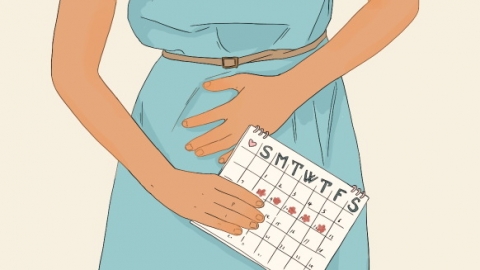Can drinking alcohol affect menstrual delay?
Generally speaking, whether drinking alcohol will delay menstruation needs to be determined according to specific circumstances. Occasional and moderate alcohol consumption, with quick metabolism, usually does not affect the menstrual cycle or cause delays. However, long-term and excessive alcohol consumption may interfere with the endocrine system, thereby affecting menstruation and potentially causing menstrual delays. Detailed analysis is as follows:

If alcohol consumption is occasional and moderate, such as once or twice a month, with each intake maintained at a low level, the body can metabolize alcohol quickly. This generally does not significantly interfere with the function of the hypothalamic-pituitary-ovarian axis, and hormone secretion remains stable. Therefore, it usually does not lead to menstrual delays, and the menstrual cycle can remain regular.
When alcohol is consumed excessively and over a prolonged period, it can continuously impact the endocrine system. Once alcohol enters the body, it may suppress the functions of the hypothalamus and pituitary gland, leading to reduced secretion of gonadotropins, which subsequently affects ovarian ovulation function and hormone secretion, causing imbalances in estrogen and progesterone levels. Such hormonal disturbances can disrupt the normal menstrual cycle and potentially lead to menstrual delays.
To maintain a stable menstrual cycle and minimize the impact of alcohol on menstruation, proper daily care is necessary. Try to control the frequency and amount of alcohol consumption, avoid long-term excessive drinking, and especially reduce or avoid alcohol consumption during critical phases of the menstrual cycle.







